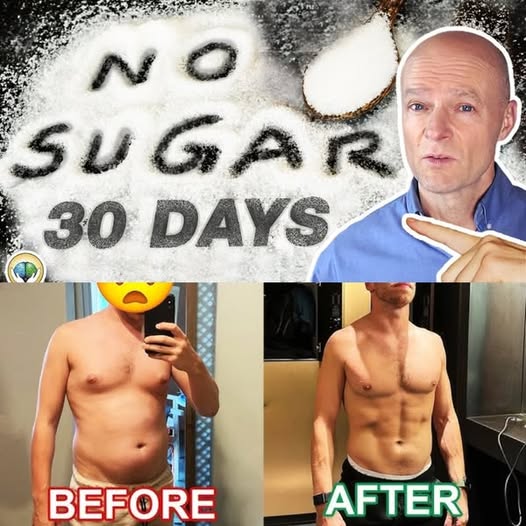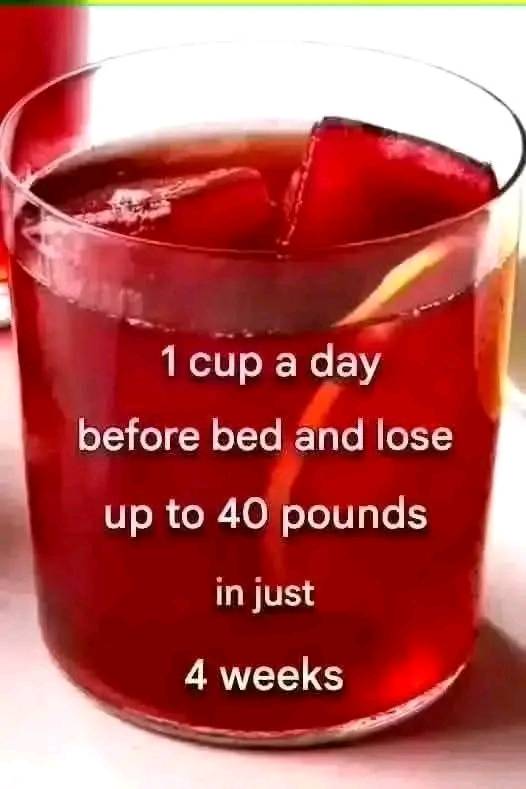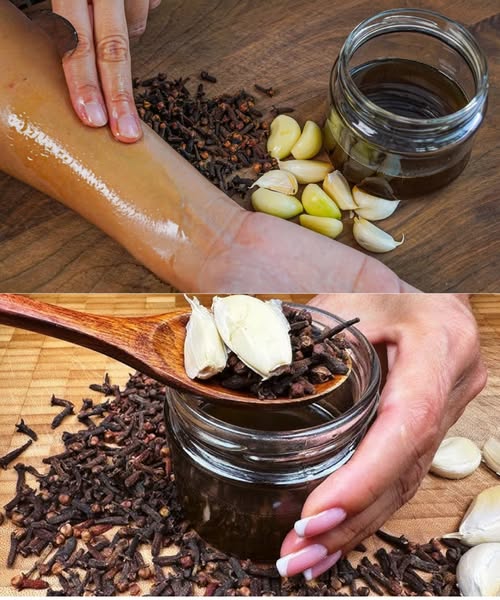Introduction

Sugar is everywhere. It hides in your morning coffee, your “healthy” granola bar, and even in your salad dressing. The average person consumes 17 teaspoons of added sugar per day—far exceeding the recommended daily intake of 6 teaspoons for women and 9 teaspoons for men. Excess sugar can lead to weight gain, insulin resistance, inflammation, and even chronic diseases like diabetes and heart disease.
But what if you quit sugar for 30 days? Would your body go through withdrawal? Would your energy levels plummet? Or would you finally break free from cravings and start feeling your best?
In this comprehensive guide, we’ll explore what really happens when you eliminate sugar from your diet for a full month. We’ll address common concerns, reveal shocking benefits, and give you actionable strategies to successfully complete your sugar detox.
Week-by-Week Breakdown: How Your Body Reacts to 30 Days Without Sugar
Week 1: The Detox Phase (Cravings, Fatigue & Mood Swings)
The first week without sugar can be challenging. Your body is used to relying on sugar for quick energy, and suddenly cutting it off can lead to withdrawal-like symptoms.
🔹 Cravings Intensify: You may experience strong cravings, especially for sweet or processed foods. This happens because sugar stimulates dopamine release in the brain, creating an addictive cycle.
🔹 Energy Levels Fluctuate: Sugar provides a quick energy spike followed by a crash. Without it, you may feel sluggish as your body adjusts.
🔹 Mood Swings & Irritability: Studies show that sugar affects neurotransmitters like serotonin and dopamine. Without it, you might feel cranky, anxious, or even depressed.
🔹 Headaches & Brain Fog: Some people experience headaches and trouble focusing as their body transitions to burning fat for energy instead of sugar.
💡 Tip: Stay hydrated, increase your protein intake, and consume fiber-rich foods to help stabilize blood sugar levels.
Week 2: Increased Energy & Better Digestion
By the second week, your body starts to adjust. Your energy levels stabilize, and digestion improves.
🔹 Steady Energy Levels: Without sugar-induced energy crashes, you’ll notice sustained energy throughout the day.
🔹 Reduced Bloating & Digestive Issues: Sugar can feed harmful gut bacteria, leading to bloating and discomfort. Eliminating sugar supports good gut health and improves digestion.
🔹 Skin Starts Clearing Up: Sugar triggers inflammation, which contributes to acne and skin conditions. After two weeks, you may notice a more radiant complexion.
💡 Tip: Continue prioritizing whole foods like lean proteins, healthy fats, and fiber-rich vegetables to support your gut and energy levels.
Week 3: Weight Loss & Mental Clarity Kick In
By week three, the transformation becomes even more noticeable.
🔹 Weight Loss Accelerates: With sugar out of your diet, insulin levels stabilize, allowing your body to burn fat more efficiently. Studies show that reducing sugar intake can lead to 1–2 pounds of weight loss per week.
🔹 Better Sleep Quality: Sugar disrupts sleep by spiking blood sugar levels. Many people report deeper, more restful sleep after quitting sugar.
🔹 Mental Clarity & Focus Improve: Brain fog disappears, and cognitive function improves as your body adjusts to stable blood sugar levels.
💡 Tip: Keep a journal to track your progress and celebrate your wins. Seeing tangible improvements will motivate you to keep going.
Week 4: Enhanced Immunity & Long-Term Benefits
By the fourth week, you’re reaping the full rewards of a sugar-free lifestyle.
🔹 Stronger Immune System: Sugar suppresses immune function, making you more susceptible to colds and infections. Cutting it out boosts your body’s defense system.
🔹 Better Heart Health: A high-sugar diet is linked to heart disease and high blood pressure. Reducing sugar lowers triglycerides and improves cardiovascular health.
🔹 Sustained Fat Loss & Muscle Definition: By now, your metabolism has adapted to burning fat for energy, leading to visible body composition changes.
💡 Tip: Now that you’ve completed 30 days, decide if you want to continue a low-sugar lifestyle or allow occasional indulgences.
Frequently Asked Questions (FAQs) About Quitting Sugar
1. Will I experience sugar withdrawal symptoms?
Yes, many people experience cravings, headaches, fatigue, and irritability in the first few days. These symptoms subside as your body adjusts.
2. How can I curb sugar cravings?
Try eating high-protein meals, drinking plenty of water, and consuming naturally sweet foods like berries.
3. Can I eat fruit?
Yes! Whole fruits contain fiber and nutrients that slow sugar absorption, making them a healthy choice.
4. Will quitting sugar help me lose weight?
Yes! Cutting sugar stabilizes blood sugar levels and reduces fat storage, promoting weight loss.
5. What are the best sugar substitutes?
Stevia, monk fruit, and erythritol are great natural sugar alternatives that don’t spike blood sugar.
6. How do I avoid hidden sugars?
Read labels carefully and avoid processed foods with names like high fructose corn syrup, maltose, dextrose, and cane sugar.
Conclusion: Is Quitting Sugar for 30 Days Worth It?
Absolutely! The benefits of quitting sugar go beyond weight loss. From increased energy and better skin to improved mental clarity and a stronger immune system, reducing sugar can be life-changing. While the first week may be challenging, the long-term health benefits far outweigh the temporary discomfort.
💡 Final Takeaway: If you’re ready to reset your body and improve your health, start today. The next 30 days could be the beginning of a healthier, happier you!


